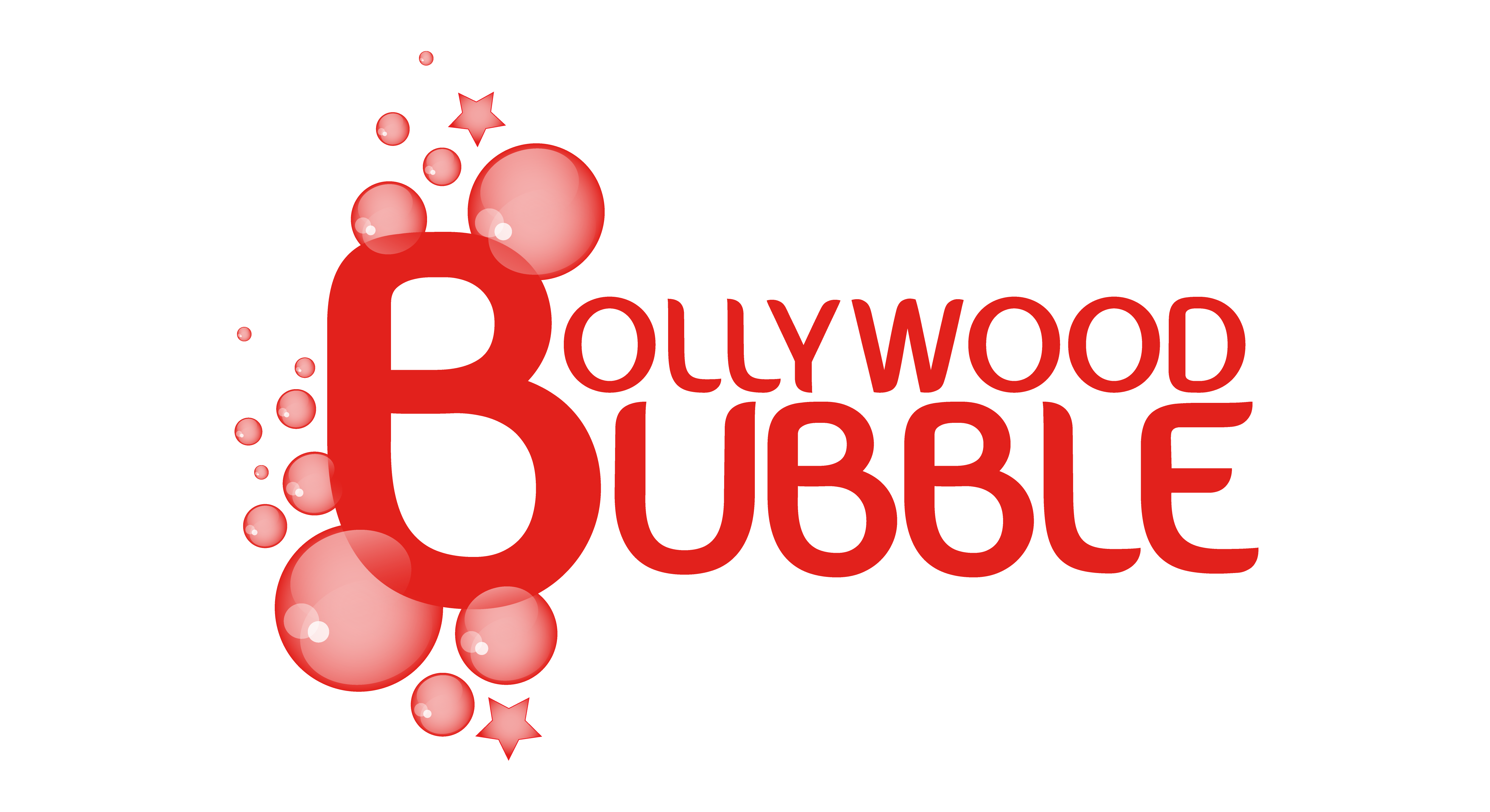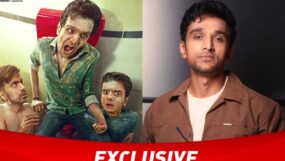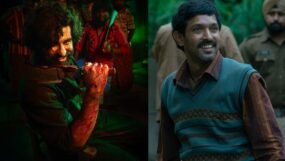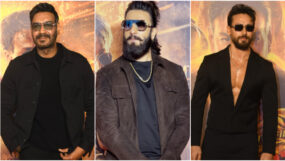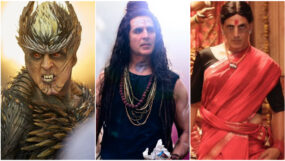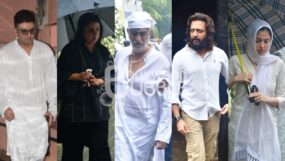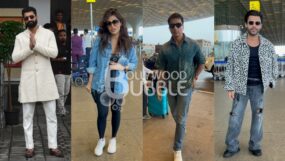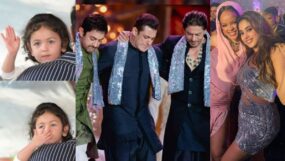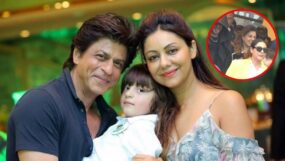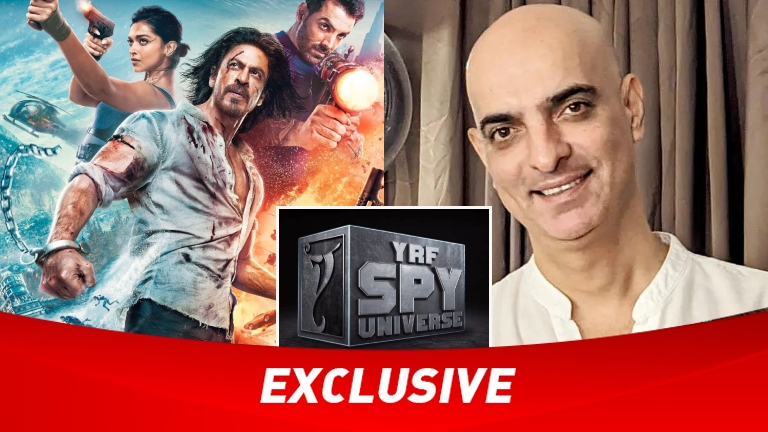
Shah Rukh Khan made a smashing comeback on the big screen alongside Deepika Padukone and John Abraham in Pathaan. The film emerged a monster success at the box office and recently even crossed Rs 1000 crores worldwide. The Siddharth Anand directorial isn’t looking to slow down even after a month of its release.
Recently, the film’s dialogues writer, Abbas Tyrewala got in an exclusive conversation with Bollywood Bubble. He spoke about the film’s success, his long association with Shah Rukh and Siddharth Anand, Pathaan 2 and the future of YRF spy universe. Abbas also directed the 2006 hit Jaane Tu… Ya Jaane Na, and he discussed his return to direction as well. Excerpts from the interview:
How has it been experiencing the mammoth success of Pathaan?
“A film like Pathaan, when you are asked to write dialogues for it where Shah Rukh Khan is playing outright Shah Rukh, it was very clear that it was going to be a big hit. You get to celebrate the persona that is of the Badshah of Bollywood, have a production house like YRF back it up and Siddharth Anand returning after the success of War. But it was all before the pandemic and the existential crisis the industry has been going through.
Right now films from South with stars that people here might not have even heard of are doing Rs 100 crore business. Whereas our films are struggling. It had us wondering if we are in touch with our audiences and whether they want to return to theatres. It was such an unnerving time for everyone, so more than a joy of success, it has come as a sigh of relief.”
This wasn’t your first collaboration with SRK. But this was his coming back to the screens after a while. So, how much did you have to push yourself to make it worth it?
“By the time I had written Pathaan, Zero hadn’t even released yet. So, leave aside knowing what his next release is going to be, I didn’t know that there will be such a gap between two SRK films that people would be so hungry to just see him do his thing again. So, there’s no way we could have planned any of it. We were just going for another great Shah Rukh blockbuster. I was just trying to justify the vision of Siddharth Anand and Aditya Chopra.”
Having a name like Shah Rukh Khan associated to your work, does it make you feel a little proud?
“Honestly, once you’ve been writing for as long as I have, success and failure come in different things. What success meant to me in the early days of Main Hoon Na and Munnabhai MBBS, your reaction to it as you grow older doesn’t become as volatile as it used to be. It’s a lot more self-contained. The kick of writing a Shah Rukh film, that I felt when I was a youngster writing Asoka or Main Hoon Na, you don’t feel that. But what does happen is that you are able to bring something which you have learnt through the years.
This was the first time I was doing a film where it was shamelessly, the Bollywood gold-standard of celebrating a man’s stardom. It was to make a story that people will watch as much for the star as for the story itself. That’s not my natural style so it was challenging to break out of it and write these larger than life dialogues.”
There was a time when the writers didn’t use to get as much public recognition, but it has changed a lot today. Do you feel the same and how important is that for you?
“I’ve been very fortunate that very early on in my career, I worked with some wonderful filmmakers and got to be a part of some iconic films. So, the public recognition you talk about, even though I know how rare it is to get, I was very fortunate to get that. With films like Maqbool, Main Hoon Na, Munnabhai and Salaam Namaste release very close to each other, I got that public recognition at a very young age. The difference between then and now is just that you are much more grounded. You are a lot less swayed by it now. Earlier it used to be a huge kick, now I am humbled by it, because I know how rare it is and what a gift it is.”
Jaane Tu… Ya Jaane Na was such an iconic film. Why haven’t you returned to direction in a very long time?
“Direction is a very difficult and draining process, so it better be your thing. A lot of people ask how do I write since it is a very difficult and lonely job, but for me it is a kick. Similarly, for a lot of people, direction and being on set gives them that thrill. It is what keeps them going and why they live. For me, being on set was never that. I became a director purely by default because the time Jaane Tu happened, I was going through a writer’s block. I had the script written so I ended up writing it.
Direction cannot happen unless you have that script, that story that is burning you up inside to direct. You have to be able to go through the sufferings that direction requires to be able to tell a story. So, when that happens, I will do it to myself. Until then, I am much better trying to convince one intelligent person who is a filmmaker. I would much rather try and please one person then first try please the financers, then the producers, then the actors, then the technicians and their ego. Then finally wait for the audience’s verdict. That’s just too much work so you have to wait patiently for that work that makes you feel so passionate.”
Your association with Siddharth Anand has been a long one. You have a 100 percent success streak as well. What is it about him that helps you bring out the best in each other?
“The beauty of working with any filmmaker who has a clarity of vision, passion and commitment, who backs their own instinct rather than get swayed with other’s opinions, is that makes it a very comfortable and healthy environment. The reason it happens with Siddharth is because he is so clear on what he wants from his films. He is so consistent that he doesn’t go around getting influenced from other’s opinions.”
Have you started working on Pathaan 2?
“There is absolutely no one who can claim to know anything that is happening in the spy universe. I am sure everyone is trying to come up with an idea for War 2, Pathaan 2, Tiger 4 and even something Aamir Khan somebody would want to do. So, it’s like Marvel, you never know what is coming next. I don’t think even Adi know how much and what all he will be doing. All we know is that it is one of the most valuable properties created in Indian cinema ever. And it is going to take us on a hell of a ride.”
